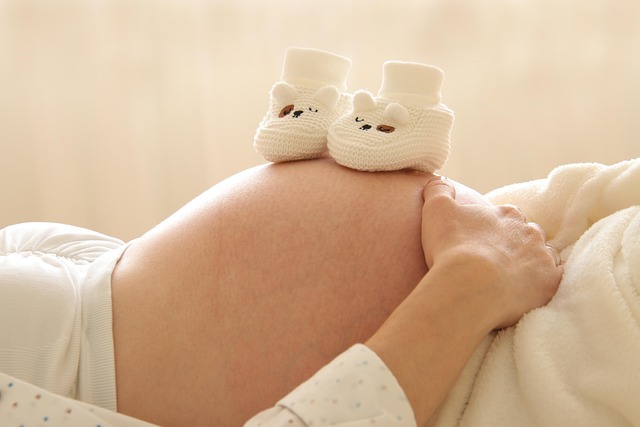If you’ve noticed something unusual or a delayed arrival of your period, you might be asking yourself, “Could I have been pregnant? Was that a chemical pregnancy?” When you’re actively trying to conceive, it’s likely that you’re taking a lot of pregnancy tests, often as soon as you can, around 10-12 days after ovulation, in hopes of seeing that elusive positive line.
If you do get an early positive, but then your period arrives within just a few days to a week, it’s possible that you experienced a “chemical pregnancy.” Unfortunately, without that positive test, it’s difficult to determine if that was indeed the case. I wish I could tell you there are distinct signs, but honestly, it often feels just like a regular period.
You might notice that the bleeding is heavier than usual, possibly with darker clots, but aside from that, there really aren’t many other symptoms. This is because your body hasn’t produced enough of the hormones typically associated with pregnancy to generate the usual signs.
If you’re feeling uncertain about your situation, it’s a good idea to reach out to a healthcare professional. Chemical pregnancies can sometimes indicate underlying issues, such as problems with the uterine lining, or conditions like PCOS or endometriosis. If you’ve faced multiple miscarriages, scheduling an appointment with a healthcare provider or fertility specialist is important to explore the reasons behind them. Generally, chemical pregnancies happen when nature is ensuring that only the healthiest embryos continue their journey, meaning any non-viable ones are released during your period.
It’s completely normal to feel upset if you go through a chemical pregnancy. Remember, it’s not your fault, and you shouldn’t blame yourself! On the brighter side, this experience shows that conception is possible. The sperm and egg have successfully met, and there’s a good chance they’ll do so again in the future.
When you feel ready to try again, keep in mind that you could conceive as early as your next cycle. If you’re interested in learning more about chemical pregnancies, check out this educational blog post. For additional insights, visit this excellent resource on pregnancy and home insemination or explore what a chemical pregnancy feels like.
In summary, while chemical pregnancies can be heart-wrenching, they also remind us of the potential for future pregnancies.

